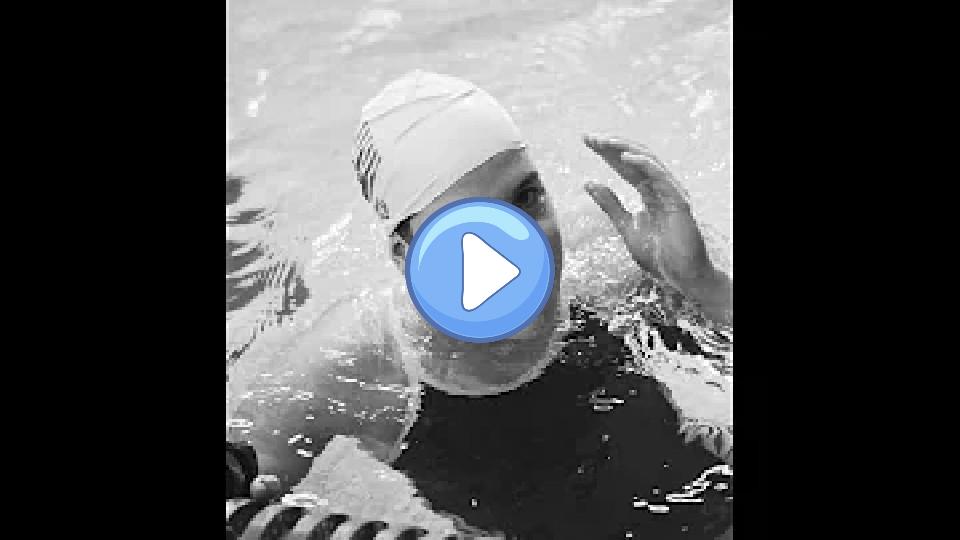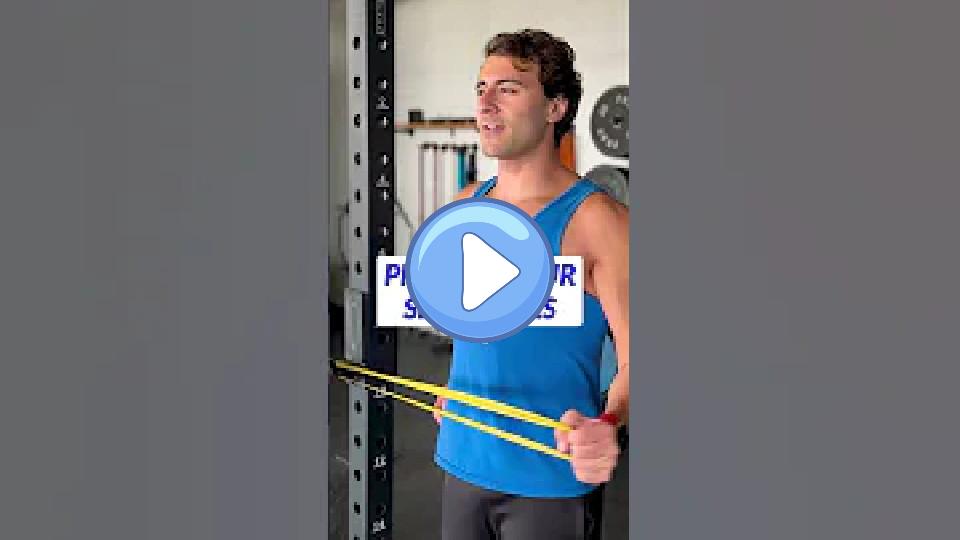Tracy Caulkins's Sports Injuries
Type of Sport: Swimming
Tracy Caulkins's Sports Injuries Table
| Type | Area | Date | Consequences | Content | How It Happened | Recovery Duration | Rehabilitation Details | Impact On Career | Psychological Impact | Previous Injuries | Return To Competition | Severity | Treatment | Medical Staff | Long Term Impact | Preventive Measures | Competition Missed | Initial Symptoms | Re Injury Risk | Support System | Rehabilitation Location |
|---|---|---|---|---|---|---|---|---|---|---|---|---|---|---|---|---|---|---|---|---|---|
| Knee Injuries | left knee | 1983-06-20 | Swelling and pain in the knee, difficulty in walking and swimming. | Tracy Caulkins injured her left knee during a swim meet in 1983. The injury caused significant pain and swelling, impacting her ability to compete. | Injury occurred during a competitive swim meet due to an awkward turn. | 2 months | Rest, ice, compression, and elevation (RICE) therapy followed by a structured rehabilitation program including physical therapy. | Missed several weeks of training and competition, but was able to return to peak performance. | Concern about the ability to return to previous performance levels. | Right shoulder injury in 1980. | 1983-08-21 | Moderate | RICE therapy, physical therapy, and anti-inflammatory medications. | Team physician and physical therapist. | No long-term impact reported. | Strengthening exercises for the knee and improved technique during turns. | Several local and national swim meets. | Immediate pain and swelling in the knee. | Low, following successful rehabilitation. | Coaches, teammates, and family. | Local sports clinic. |
| Shoulder Injuries | right shoulder | 1980-04-14 | Pain and restricted movement in the shoulder. | Tracy Caulkins suffered a shoulder injury due to overuse while preparing for the 1980 Olympics, which the U.S. boycotted. The injury affected her training and performance. | Overuse during intense training sessions leading up to the 1980 Olympics. | 3 months | Physical therapy focused on strengthening and flexibility exercises, along with rest and anti-inflammatory medications. | Missed a significant portion of training, which could have impacted her performance if the Olympics had not been boycotted. | Frustration and disappointment due to the injury and the Olympic boycott. | None | 1980-07-15 | Moderate | Physical therapy, rest, and anti-inflammatory medications. | Team physician and physical therapist. | No long-term impact reported. | Modified training regimen to prevent overuse injuries. | 1980 Summer Olympics (due to boycott, not injury). | Pain and stiffness in the shoulder. | Moderate, if not properly rehabilitated. | Coaches, teammates, and family. | Local sports clinic. |
Tracy Caulkins's Sports Injuries Videos
Tracy Caulkins Knew She Could Finish Better Than Anyone Else
The speaker describes their swimming experience, noting that they weren't a natural sprinter like their sister. They highlight their strong skills in starts and turns, and their ability to finish races well. Despite not being ahead at the 25 or 50 meter marks in a 100 meter race, they felt confident in their end performance. They mention that today's swimmers are more specialized, but they enjoyed participating in various events, with the 200 meter being their best distance. The 400 meter was challenging for them, and they had to work hard on their speed and skills for sprints.

SSPC: What Made Tracy Caulkins So Dominant in So Many Events?
In this episode of the SwimSwam podcast, host Mel Stewart interviews legendary swimmer Tracy Calkins Stockwell. Tracy boasts an impressive career with 48 national titles, 63 American records, five world championships, and three Olympic gold medals. The conversation delves into her early inspirations from the 1972 Olympics, her rapid rise in the sport by the age of 13, and her experiences dealing with the 1980 Olympic boycott. Tracy reflects on the impact of the boycott on her motivation and career, her eventual triumph in the 1984 Los Angeles Olympics, and her transition into life after competitive swimming. She also shares personal anecdotes, including meeting her husband, Mark Stockwell, and their life together in Australia. Tracy emphasizes the importance of enjoying the sport, doing one's best, and controlling what one can control.

A Shocking Swimming Pool Accident
Rachelle Friedman Chapman was preparing for her wedding when a tragic accident changed her life. During a bachelorette party, a playful push into a pool resulted in a severe spinal injury, leaving her paralyzed from the chest down. Despite the life-altering event, Rachelle and her fiancé Chris remained committed to each other. They eventually postponed their wedding and married a year later. Rachelle speaks about the challenges of losing independence and her determination to live a fulfilling life, including plans to start a family through surrogacy. She has also written a book detailing her journey and experiences.

Tracy's Water Polo Concussion Story: The Cause of the Injury
The text provided is a fragment and lacks context for correction or rewriting. Please provide a more complete passage.

3 Tips for Preventing Injuries in Swimming
Pre-hab is the best rehab! Add a dip in a MasterSpas swim spa to your recovery and relaxation routine and enjoy $500 off a hot tub purchase.

How to Prevent Shoulder Injuries While Swimming
In this video, Ferris Sabetti from My Swim Pro discusses how to prevent shoulder injuries while swimming. The video covers the reasons behind shoulder injuries, specifically focusing on poor technique, muscle imbalances, and overuse. It provides guidance on exercises to strengthen shoulder muscles and prevent injuries, emphasizing the importance of proper technique and listening to your body. The video also highlights the significance of dynamic and static stretching to improve performance and recovery. Additionally, it encourages viewers to join the My Swim Pro community for more resources and support.

Why are swimmers covered in bruises?
Steve Garagiola explores the use of cupping therapy among swimmers, particularly its role in alleviating muscle fatigue and potential injuries. Physiotherapist Lisa Bell explains that cupping is an ancient Chinese medicine practiced for about 5,000 years. The therapy increases blood flow to the muscles, aiding in recovery. Although there is little documented medical evidence of its benefits, some believe it works through the placebo effect. Michael Phelps is a notable proponent, using the therapy as part of his routine, which contributes to his athletic success.

The Shoulder Injury That Could Jeopardize Kyle Chalmers' Olympic Dreams | Head Above Water
Rio 2016 Gold Medalist, Kyle Chalmers, experiences a potentially serious shoulder injury that could jeopardize his hopes in...

